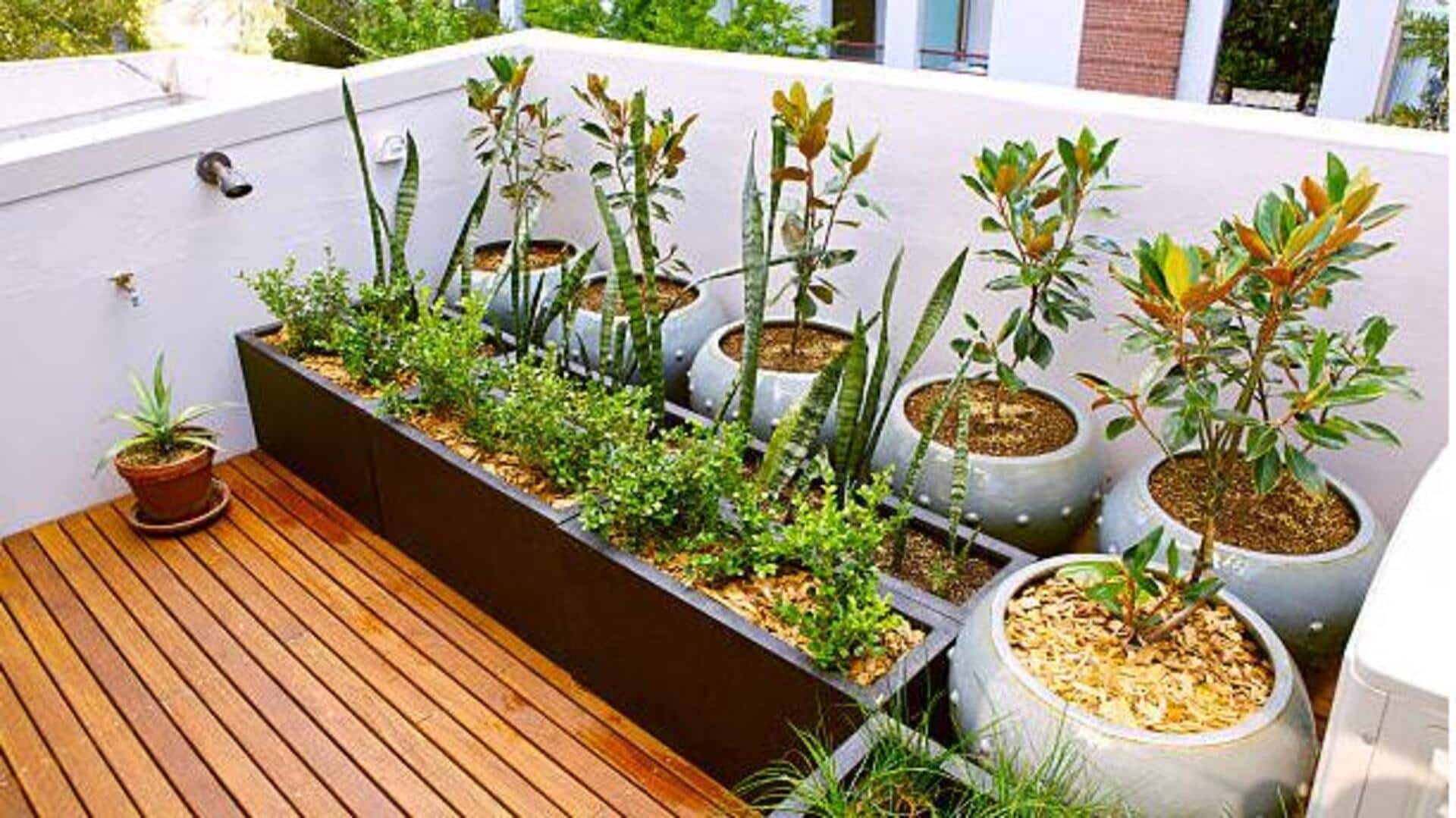
How to start a herb garden at home
What's the story
Starting a herb garden at home is one of the most fun and rewarding things for a beginner. It takes up minimal space, effort, and investment, while giving you fresh herbs for your kitchen. Perfect for anyone with a small balcony or a spacious backyard, here are a few practical tips to get you started on your herb gardening journey.
Selection
Choosing the right herbs
When starting out, it's best to pick herbs that are easy to grow and maintain. Some beginner-friendly options include basil, mint, parsley, and cilantro. These herbs flourish in different conditions and need little care. Consider your culinary tastes as well; pick herbs that you often use in cooking. Starting with three or four types of herbs can make the process manageable while enjoying a range of flavors.
Light requirements
Understanding sunlight needs
Herbs usually require a lot of sunlight to thrive. Most varieties need a minimum of six hours of direct sunlight daily. If you are growing indoors or in the shade, you may want to use grow lights to supplement natural light. Keeping your plants near south-facing windows can also maximize their sunlight intake. Noting how much light different areas get during the day will help you select the best spot for your herb garden.
Hydration tips
Proper watering techniques
Watering is important for growing healthy herbs, but over-watering can be harmful. It is important to keep the soil moist constantly without waterlogging it. A good rule of thumb is to water when the top inch of soil feels dry to touch. Using pots with drainage holes prevents excess water from sitting around the roots, which could lead to rot problems over time.
Soil preparation
Soil quality matters
The quality of soil is also crucial for successful herb gardening at home. Preferably choose a well-draining potting mix enriched with organic matter, such as compost or peat moss, since they improve nutrient content significantly as compared to regular garden soils alone. Further, adding perlite into mixtures enhances aeration, promoting root development effectively, ensuring optimal plant health overall.